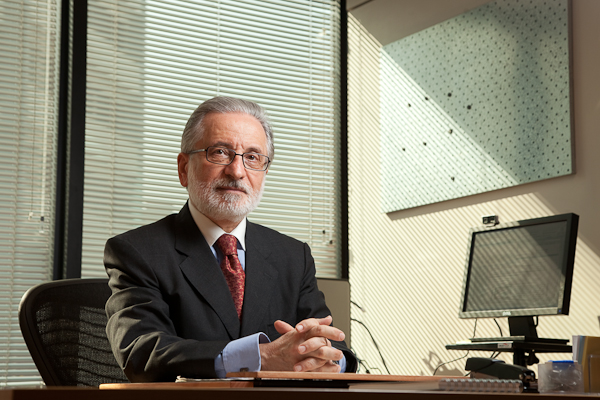The ethanol path

When he took office as president of Petrobras in February, chemical engineer Graça Foster said that one of his goals will be to increase the participation of the state company in the ethanol market. The statement is positive for anyone who seriously works with ethanol in Brazil, a pioneer country in the development of technology for this biofuel. Petrobras is an important player in the sector, which seeks to reverse one of the main problems in the hydrated ethanol trade: tax evasion.
Non-payment of taxes has affected the ethanol trade more than gasoline and diesel, which have all taxes collected in advance from the producer, which avoids tax evasion. In the case of ethanol, tax payments are made by producers and distributors.
Of course, many distributors work ethically. But others resort to illicit means to obtain competitive advantages by not paying taxes.
The most serious form is the modality known as “surrogacy”. The distributor sells hydrated ethanol to the gas station with an invoice, but does not pay taxes. When the inspection tries to locate the distributor, this company no longer exists, as it was used only as a facade and operated by "orange" companies, which have no assets to pay the taxes.
According to expert estimates, one-third of ethanol consumed in Brazil does not collect taxes due. The National Union of Fuel and Lubricant Distribution Companies (Sindicom) estimates that the country failed to collect R $ 1,3 billion in 2011 in taxes on ethanol.
These taxes are federal (PIS and Cofins) and state (ICMS). Your load is high. For PIS / Cofins alone, ethanol producing plants pay 9,25%. The distributors also pay these taxes, which generates a ripple effect and, in a way, induces tax evasion.
Concentrating the tax on the first link in the ethanol production chain - as is done with gasoline and diesel - is extremely important to avoid tax evasion.
Inspection is also a priority. The joint efforts of the National Petroleum Agency (ANP) and the Finance Secretariats of states such as São Paulo, Minas Gerais, Goiás, Ceará and Bahia are worth mentioning in order to embody the Committee to Combat Tax Evasion in the Ethanol Trade. It is important to debate ideas that can reduce tax evasion. After all, failure to pay taxes favors an entire chain of illegal trade.
There are creative ways to avoid paying taxes on any products. A few months ago, a TV report revealed a fraud called a low pump, whereby the number of liters placed in the vehicle's tank was less than what was marked. By remote control, the flow rate was changed - and the control was deactivated when there was inspection.
The report had an impact, as the consumer saw how he could be harmed by unscrupulous traders. But few people realized that the scam to the consumer has another side: the lack of product quality. The report showed that it is easy to buy fuel without a grade and that, with these clandestine shipments, gas station owners adulterate the fuel. That is, the low price can indicate to the consumer that he is at risk of having other losses.
Technology helps to curb fraud, and authorities are resorting to what is possible to catch new and sophisticated scams. But what makes the difference is the attitude of the consumer. If he mistrusts very tempting offers and refuses to consume too cheap products, he will discourage tax evaders. If you report to the authorities for the inspection to investigate whether there is something wrong, even more efficient. By acting together, authorities and citizens can help to combat the illegal fuel trade.
Roberto Abdenur is executive president of the Brazilian Institute of Ethics in Competition (ETCO).



